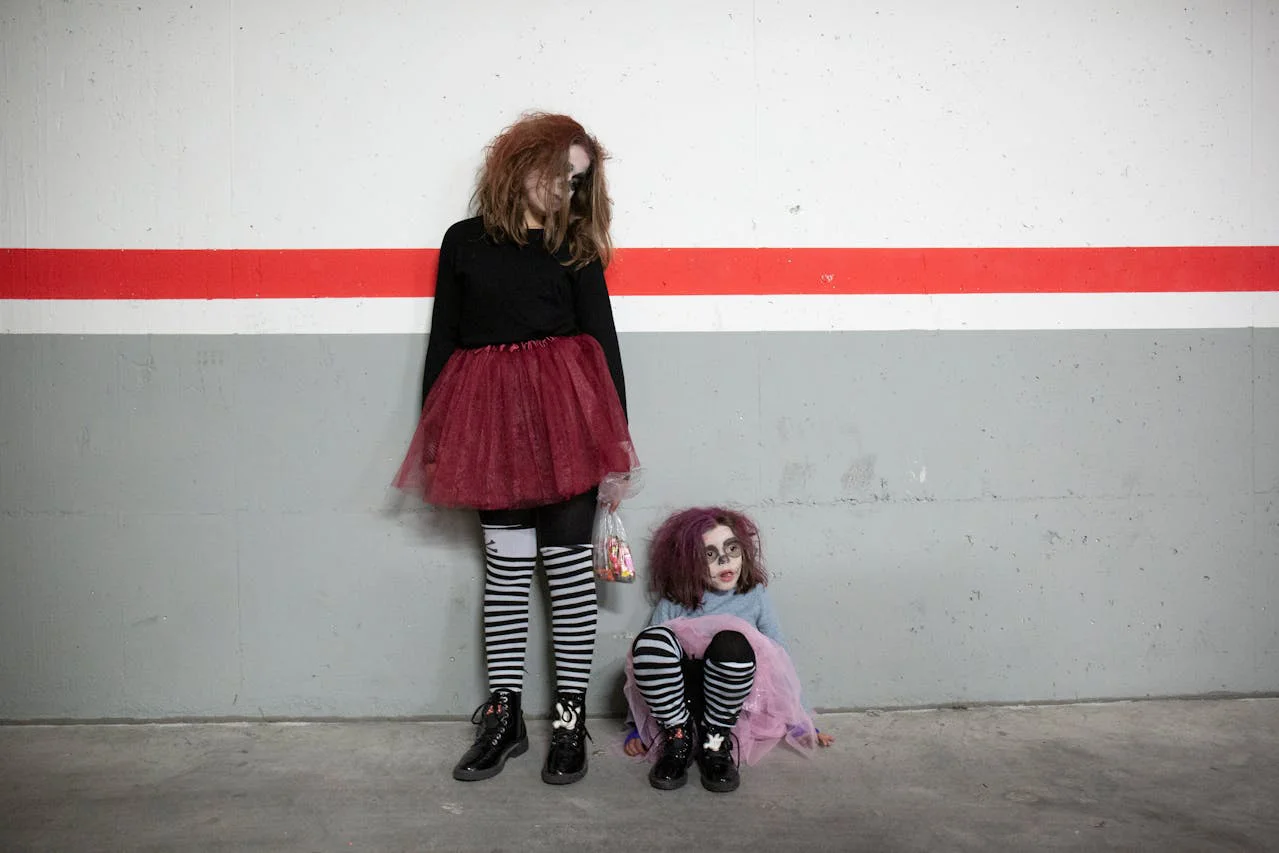Drama Education at Özge Fennibilek Academy
In drama classes, students develop their artistic and social skills through group work, role plays and improvisation exercises. This process allows participants to gain stage experience and express their feelings and thoughts in creative ways. Drama activities and stage performances organized at the Academy provide students with an opportunity to showcase their talents and bring them closer to art.
What is Drama?
Benefits of Drama Education
Drama education contributes significantly to both the personal development and social skills of individuals. Here are the main benefits of drama education:
1. Development of Self-Confidence:
Drama education improves public speaking and self-expression skills. Going on stage and playing different roles increases students' self-confidence and helps them be more comfortable in social environments.
2. Development of Creativity and Imagination:
Drama encourages individuals' creative thinking skills. They enrich their imagination by portraying different characters and developing stories.
3. Empathy and Emotional Awareness:
Understanding the perspectives of different characters by taking on the roles develops individuals' empathy skills. Drama helps people understand the people around them better by increasing emotional awareness.
4. Communication and Social Skills:
Drama classes improve individuals' effective communication skills. Group work and role-playing games encourage teamwork and strengthen social relationships.
5. Problem Solving and Critical Thinking:
Drama strengthens the skills of solving problems encountered on stage and making quick decisions by improvising. This process increases individuals' analytical thinking capacity.


